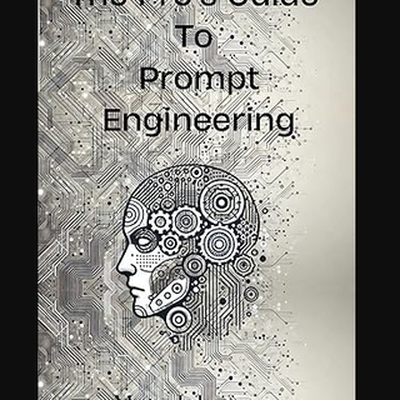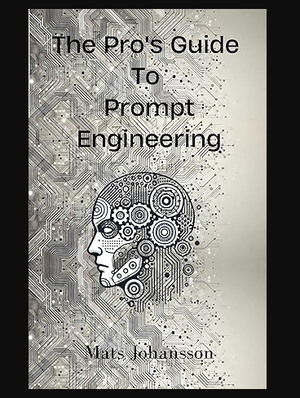Exploring AI Tools: Enhancing Efficiency and Innovation
Body
1. Introduction to AI Tools
Artificial Intelligence (AI) tools are software applications that utilize machine learning and deep learning algorithms to perform tasks that typically require human intelligence. These tasks range from data analysis and natural language processing to image recognition and automated decision-making.
2. Automation and Efficiency
One of the most significant advantages of AI tools is their ability to automate repetitive tasks, allowing businesses to save time and reduce human error. Here are some top AI tools for automation:
- UiPath: This tool excels in robotic process automation (RPA), enabling the automation of routine business processes.
- Zapier: Zapier connects different apps and automates workflows without requiring any coding skills.
- Blue Prism: Another RPA tool that helps automate complex, end-to-end processes with a high degree of reliability.
These tools help businesses streamline operations, reduce costs, and improve overall efficiency.
3. Creative AI Solutions
AI isn't just about crunching numbers and automating tasks. It's also making waves in creative fields like content creation, design, and music. Some innovative AI tools for creativity include:
- OpenAI's GPT-4: Perfect for generating human-like text, making it ideal for writing, brainstorming, and content creation.
- Canvas Design AI: Helps in creating stunning graphics and designs effortlessly.
- AIVA: An AI music composer who creates original music for various purposes.
These tools empower individuals and businesses to push the boundaries of creativity, leading to unique and innovative outputs.
4. Data Analysis and Insights
Data is the new oil, and AI tools are the engines that refine this resource into valuable insights. Here are some top AI tools for data analysis:
- IBM Watson: This AI platform offers powerful analytics tools to analyze data and provide actionable insights.
- Tableau: While not exclusively an AI tool, Tableau integrates AI capabilities to help users visualize and understand their data better.
- Google Analytics: Enhanced with AI, it provides deep insights into web traffic and user behavior.
By leveraging these tools, businesses can make data-driven decisions, identify trends, and predict future outcomes with greater accuracy.
5. Customer Service and Experience
AI tools are revolutionizing customer service by providing faster, more personalized responses. Some standout AI tools in this area include:
- Chatbots (e.g., Drift, Intercom): These tools use AI to engage with customers in real time, answer queries, and provide support 24/7.
- Zendesk: Integrates AI to help customer support teams manage tickets more efficiently and improve customer satisfaction.
- LivePerson: Uses AI to understand customer intent and provide tailored responses.
These tools enhance the customer experience by ensuring quick, accurate, and consistent support.
6. AI in Healthcare
The healthcare sector is experiencing a revolution with AI tools that assist in diagnosis, treatment planning, and patient care. Notable AI tools in healthcare include:
- IBM Watson Health: Provides AI-driven insights to support clinical decision-making.
- PathAI: Uses AI to improve pathology diagnoses and treatment plans.
- DeepMind Health: Focuses on using AI to solve complex health problems and improve patient outcomes.
AI tools in healthcare are helping to save lives, reduce costs, and improve the quality of care.
7. Future Trends in AI Tools
As AI technology continues to advance, we can expect even more sophisticated tools to emerge. Some future trends to watch out for include:
- AI and IoT Integration: Combining AI with the Internet of Things (IoT) to create smarter, more responsive systems.
- Explainable AI: Developing AI systems that can explain their decisions and actions in a way humans can understand.
- AI for Sustainability: Using AI to address environmental challenges and promote sustainability.
These trends indicate a future where AI will be even more deeply integrated into our daily lives and business processes.
8. FAQs
Q: What are AI tools?
A: AI tools are software applications that use artificial intelligence algorithms to perform tasks that typically require human intelligence, such as data analysis, natural language processing, and automation.
Q: How can AI tools enhance efficiency?
A: AI tools automate repetitive tasks, reduce human error, and provide valuable insights through data analysis, leading to increased efficiency and productivity.
Q: Are AI tools only for tech companies?
A: No, AI tools are versatile and can be used across various industries, including healthcare, finance, retail, and more.
Q: What are some popular AI tools for creativity?
A: Some popular AI tools for creativity include OpenAI's GPT-4 for text generation, Canvas Design AI for graphic design, and AIVA for music composition.
Q: How is AI used in customer service?
A: AI is used in customer service through chatbots, automated ticketing systems, and personalized customer interactions, enhancing the overall customer experience.
9. Final Thoughts
The integration of AI tools into various industries is transforming the way we work, create, and interact. By leveraging these tools, businesses can achieve greater efficiency, drive innovation, and stay competitive in an ever-evolving landscape. Whether it's automating mundane tasks or pushing the boundaries of creativity, AI is here to stay and will continue to shape our future in exciting and unexpected ways.











Comments